As the World is gearing up for the Net Zero Emission targets stipulated to be achieved by 2050, the dire necessity of increasing access to power on the continent of Africa and staying on track in the race to net zero is top priority in the agenda of the continent.
The continent is endowed with vast natural clean energy resources, and many are heavily under-utilised. These include wind, solar, hydro and geothermal sources of energy, not to mention the minerals used in production of electric cars and solar panel batteries, wind turbines and other low carbon technologies. These minerals are abundantly available in Central and Southern Africa.
For a continent forecasted to be home to over 2 billion people by 2050, a sustainable and renewable energy is fundamental to its future which fortunately is achievable with appropriate legislation encouraging investment in renewable energy, as well as renewable energy incentives and improved country guidance, further driving renewable energy investment in Africa. The International Renewable Energy Agency (IRENA) and the AfDB (African Development Bank) in a recent report estimated the continent’s solar photovoltaic (PV) technical potential at 7,900 GW, indicating from this figure that Africa has the capability for the globe’s greatest potential for solar power generation. This is in addition to sizeable, additional potential for hydropower (1,753 GW), and wind energy (461 GW).
Though the most crucial value of renewable energy is to avert impending environmental catastrophe that could result from pollution caused by carbon intensive fuels, it is also cost effective and can play a central role in creating jobs, because investing in energy transition technologies creates up to three times as many jobs as fossil fuels per million of dollars spent – World Economic Forum IRENA’s report analysis stipulated that with an appropriate policy basket, Africa’s transition away from fossil fuels towards renewable energy could lead to 6.4% higher GDP, 3.5% more economy-wide jobs, and a 25.4% higher welfare index within 2020 to 2050.
Accord to Baker McKenzie a report by the Boston Consulting Group (BCG), reveals there has been an increase in investors seeking green energy projects in Africa. BCG notes that in 2022, the sector attracted USD 118 billion in foreign direct investment, 60% of the FDI inflows into the continent. However, this is a far cry from what is required for clean energy investment in Africa and developing economies, as Africa received only 2% of global renewable energy investments in the last two decades, and the vast majority of these investments apportioned to just a handful of countries, according to IRENA’s analysis. There is a need to rapidly scale up energy transition investments, failure to achieve this will hinder the goal of meeting the global sustainable development and climate commitment.
Scaling is also imperative for renewable energy projects in Africa, putting into consideration that geographic diversification can mollify currency fluctuations, political instability and risks of regulation of different countries on renewable energy companies.
Africa has the capacity to meet the demands of attaining some of the renewable energy targets on a global scale, a great impact for social welfare and economic development, and a promising future for a continent that is home to 33 of the world’s 47 least developed countries in the UN classification






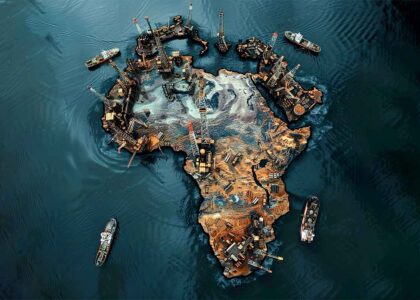
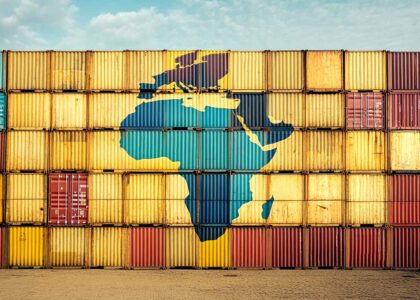


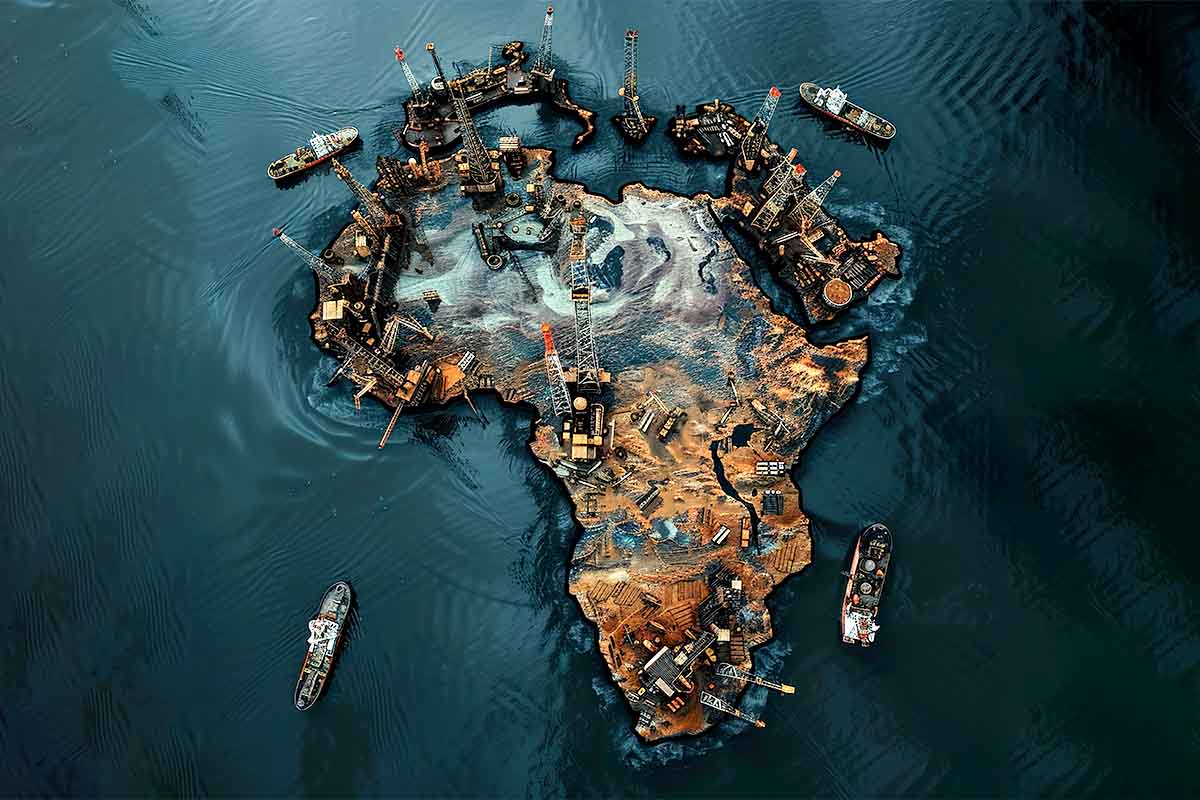
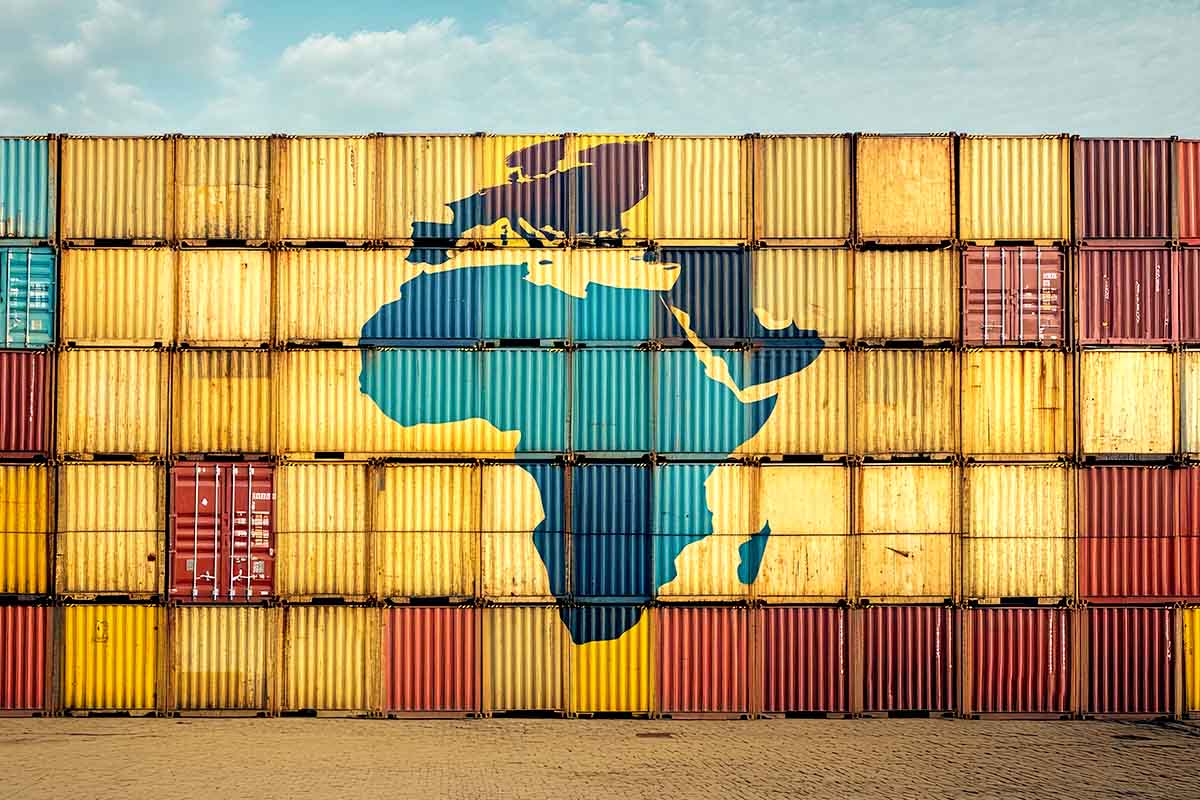


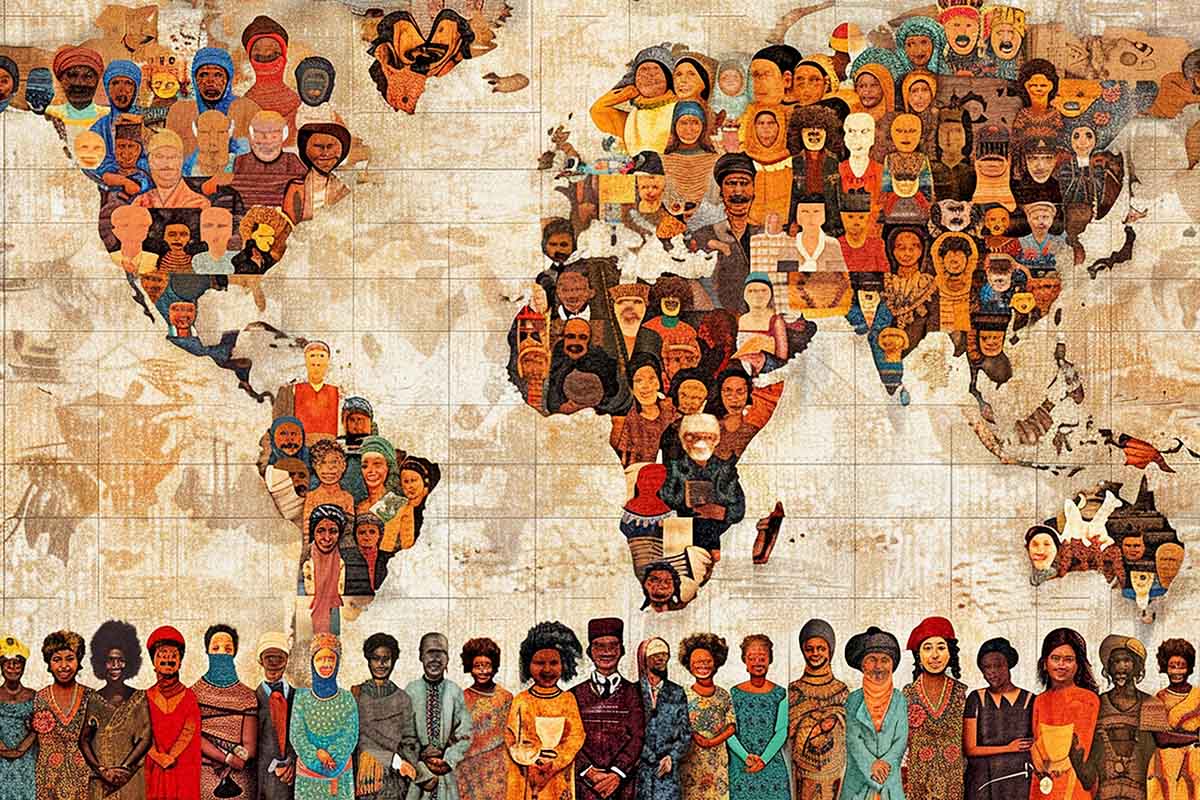

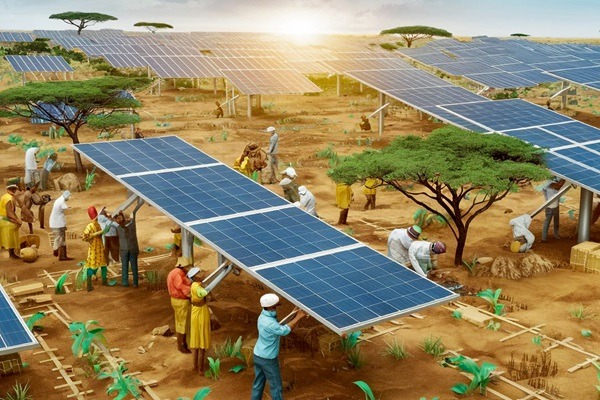


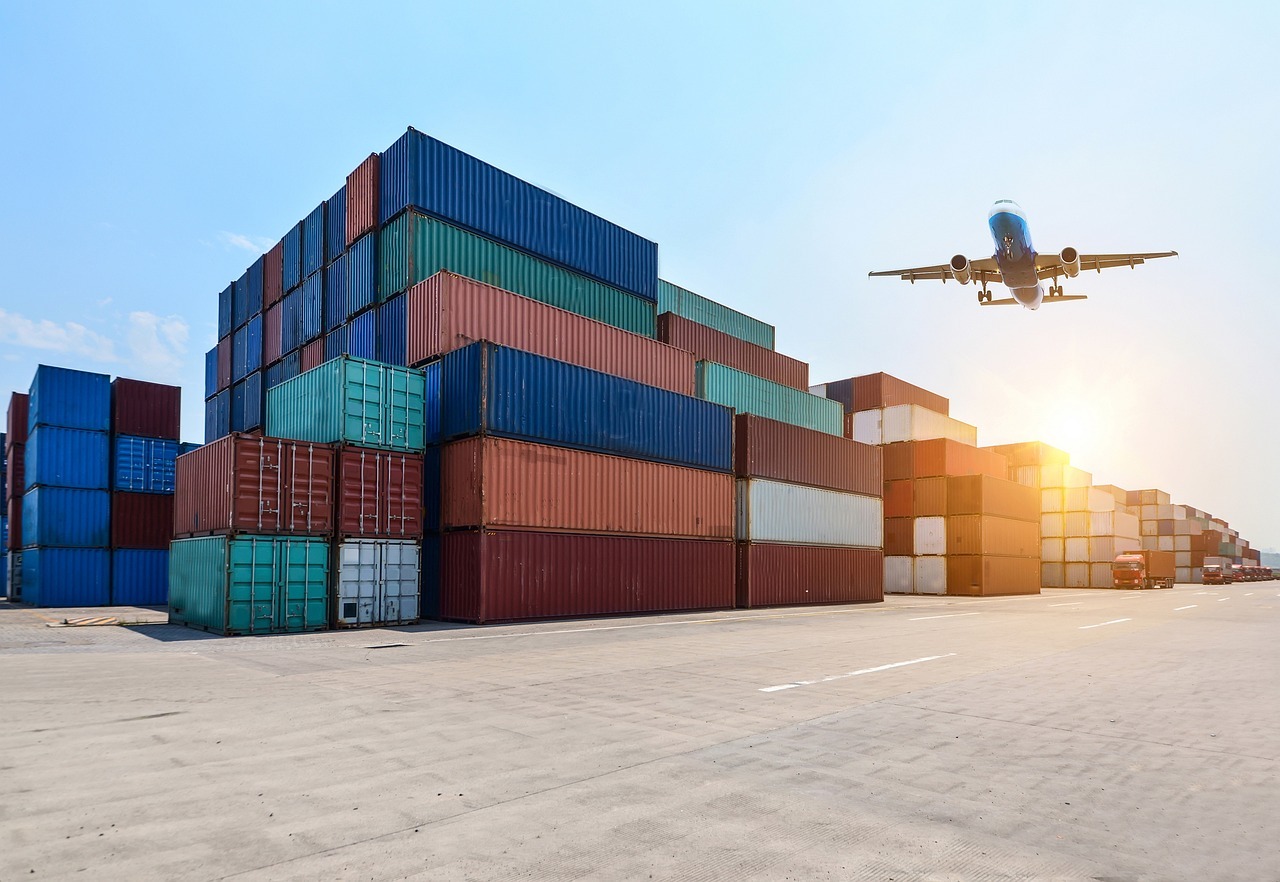
neof5d